#guyman
Explore tagged Tumblr posts
Note
daft or punk
punk

29 notes
·
View notes
Text
Guy gardner x Batman should be called Guyman. Send post.
14 notes
·
View notes
Text
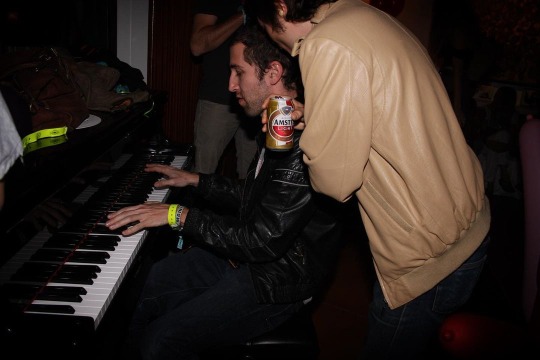
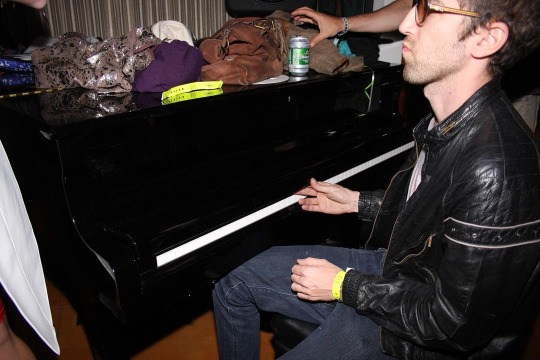
Daft Punk at the Jeremy Scott Party, Coachella 2009. (x)
123 notes
·
View notes
Text
Hola! Se que no debo de pider esto o tal vez si alguien me podría dibujar a mi con guy man porfis😊
Hello! I know I shouldn't ask for this or maybe can someone could draw me with guy man pls😊
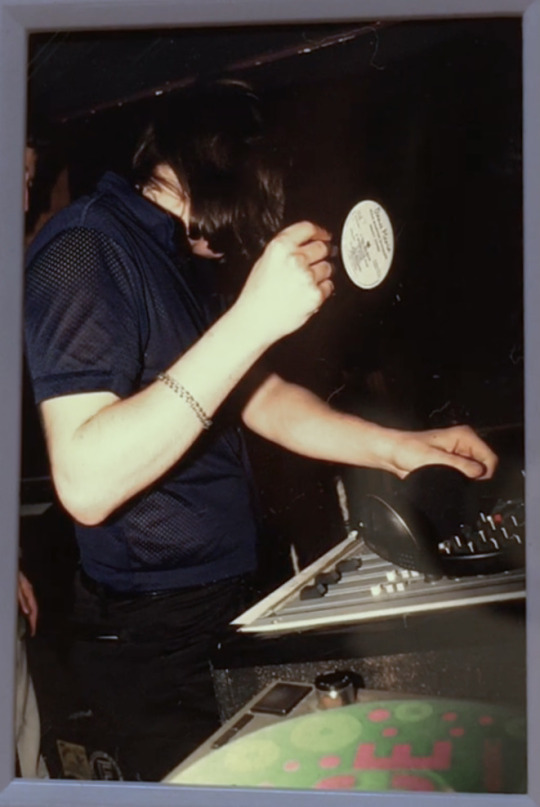
#daft punk#guy manuel de homem christo#guyman#guymanuel#thomasbangalter#thomas bangalter#daftpunkunmasked
8 notes
·
View notes
Text
Life be funny but we no get time to laugh! -Joojo Addison
0 notes
Text

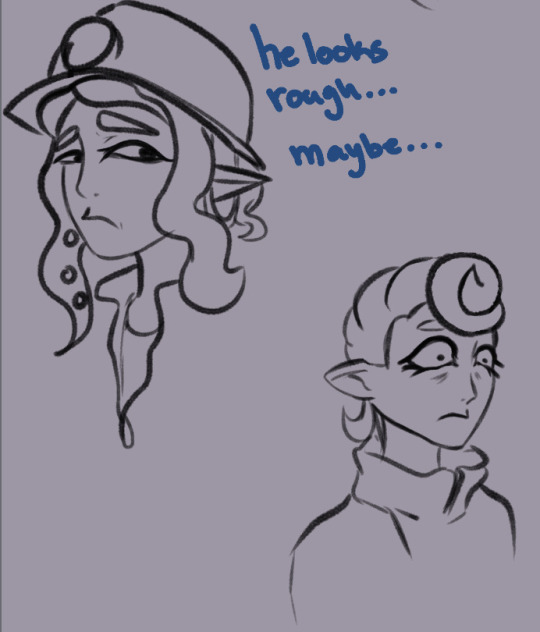



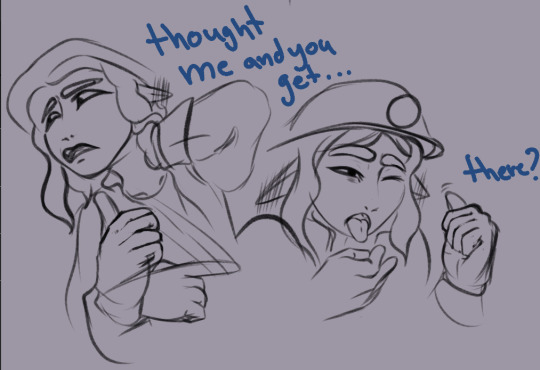


that bilingual moment where you forget a completely simple word and embarrass yourself to a fellow native speaker with a thicker accent than yours
0 notes
Text



i played content warning a lot with some friends last month and ended up having brainrot
#the set of doodles on the second image were my first drawings of these two#my art#mine#doodles#content warning game#content warning#killer guyman#“his name is ewan connan” i do not believe you#content warning streamer#content warning infiltrator#streamfiltrator
219 notes
·
View notes
Text


did you guys know that
honorable mention of what the sketch for this looked like

#i miss this game so much#SHE DIDNT DESERVE TO BE FORGOTTEN SO EASILY#justice for content warning fr#Content Warning#Kill Streamer#Ewan Conan#Killer Guyman#?#suggestive#ish#there *is* another version of this but we don't talk about it...#just a sketch but bare with me
27 notes
·
View notes
Text
Frenchmen DJ’s with long hair, reblog if you agree.
#this is absolutely about Guy-Manuel de Homem Christo Xavier de Rosnay and Gaspard Augé btw#yeah I’m also throwing Guymans’ brother Paul on here too because he had long hair for a time - it looked nice and suited him#this is such a 2014-esque post - but it still stands!#dark long hair on a Frenchman and he’s a DJ? okay 😮💨
31 notes
·
View notes
Text
HAPPY BIRTHDAY GUYMAN!!!

#daft punk#guy manuel de homem christo#daft punk art#daft punk fanart#my art#guyman#WAHGHHG 51 YEAR OLD SILLY
33 notes
·
View notes
Text
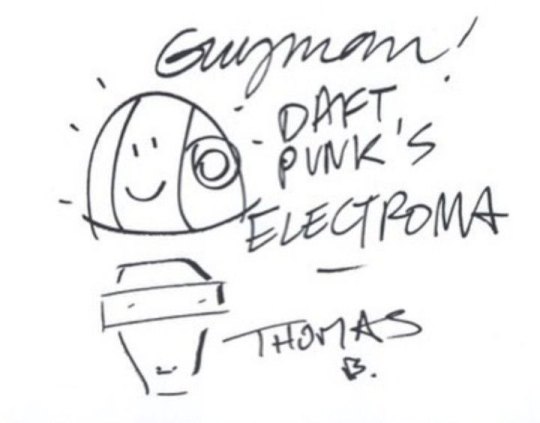
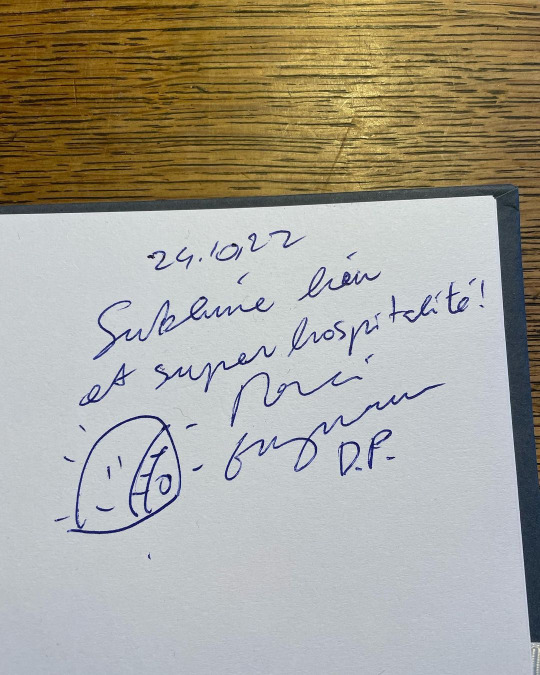
I love Daft Punk, stylish signatures, stylish robots, très trēs chic 🫶💕✨
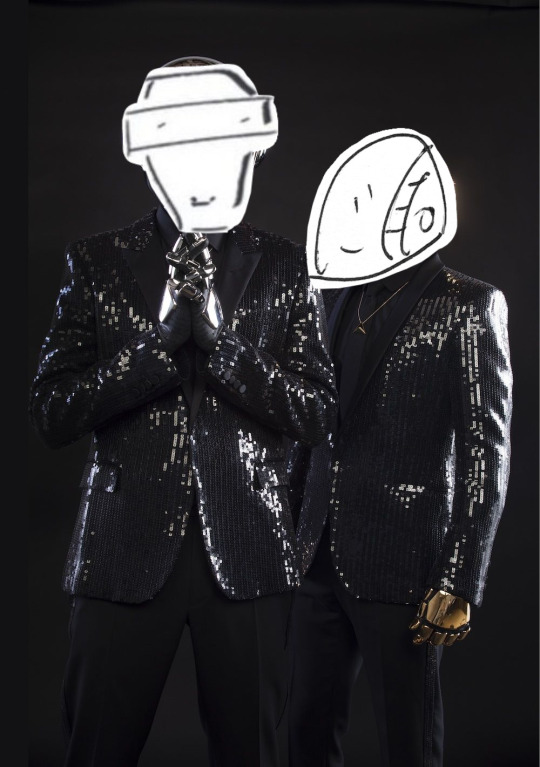
#how cute are these#guyman drawing little sunshine rays around his helmet#=)#putting them in my pocket#thomas is a takeaway coffee cup and thats so cool of him#daft punk#tb3#gm08#robots#thomas bangalter#guy manuel de homem christo
109 notes
·
View notes
Text
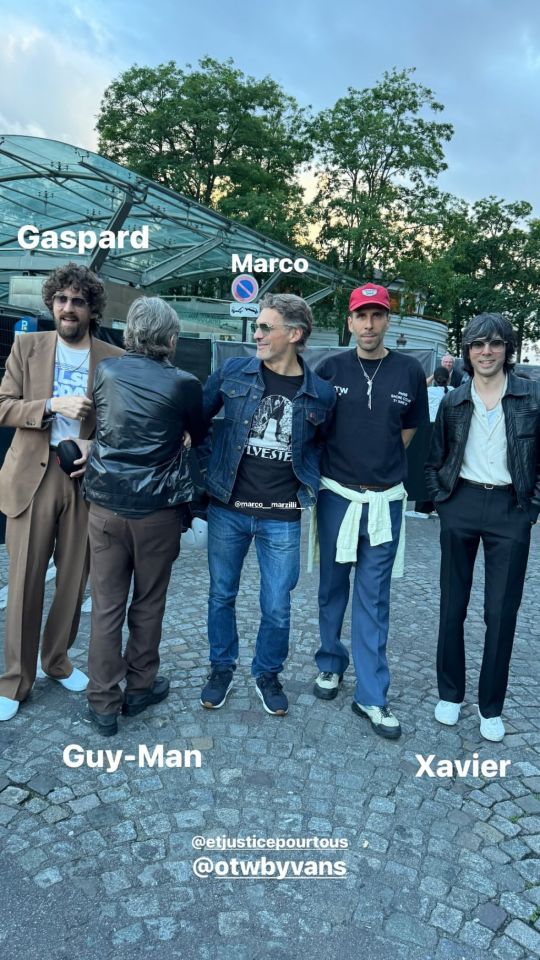
Justice with Guy-man (source)
#chad Justice coming in hot with the EXCLUSIVE guyman ass pic#guyman successfully dodging cameras left and right for the last 10 yrs but justice got us fr#thank you so much gaspard i am going to be annoying about this for the rest of the yr#i mean we also got. xavier with clean shoes and a smile too...what a day#daft punk#justice#guy manuel de homem christo#xavier de rosnay#gaspard augé#justice band
50 notes
·
View notes
Text
head in my hands. i miss MaT
2 notes
·
View notes
Text
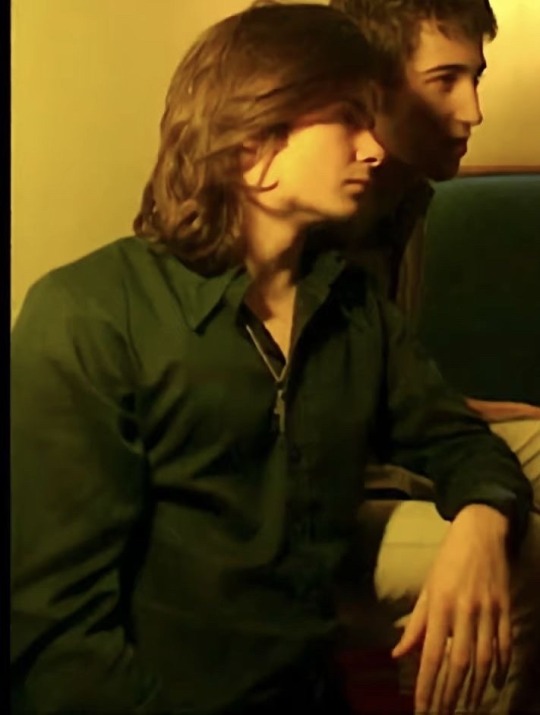
5 notes
·
View notes
Text
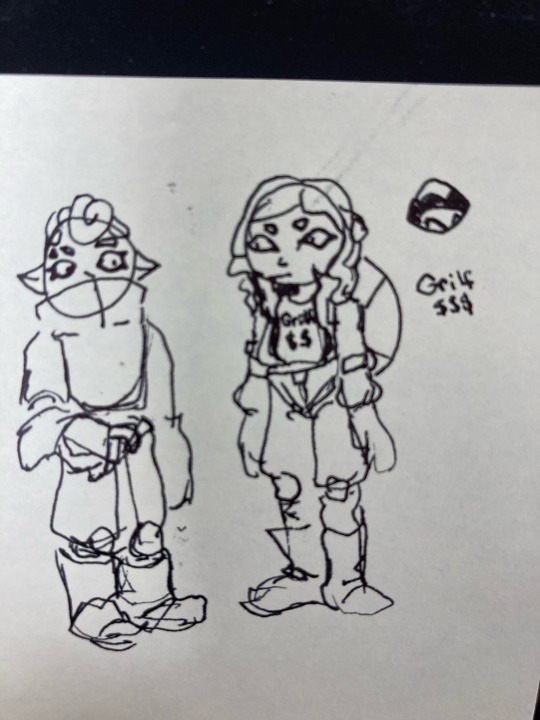
im still so tickled at this that i drew in oct 2022 that when i showed to my good ol buddy ol pal twice- the second time he didnt remember the grilf $$$ shirt
#splatoon oc#guyman#webb oc#i love my amnesiac friends- they are so fun to show things ive already shown to them because they will react in a completely different mane#than they did originally- i think webbs was having a moment during october that year i dont remember much cause i started a new job
1 note
·
View note
